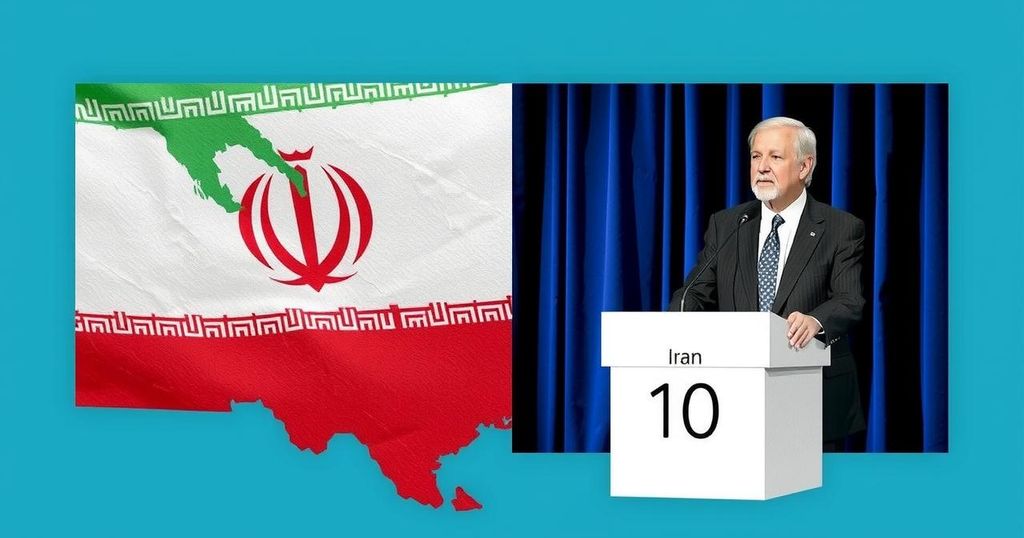Biden Administration Extends Controversial Iran Sanctions Waiver After Election Day

The Biden administration renewed a controversial Iran sanctions waiver enabling access to $10 billion from Iraq shortly after Election Day. Despite criticisms, the waiver allows Iran to use funds for electricity purchases. Critics, including congressional Republicans, assert this supports Iranian terror funding, while the State Department defends its continuity, citing its origins in the previous administration.
In a move met with considerable controversy, the Biden administration renewed a sanctions waiver that permits Iran to access approximately $10 billion from Iraq, just two days following the Election Day victory of President-elect Donald Trump. The waiver, which has faced staunch opposition from congressional Republicans, allows Iran to use these funds derived from electricity purchases. The State Department confirmed that this waiver has been reinstated for an additional 120 days, extending the timeline into the initial months of Trump’s second term.
Under this waiver’s stipulations, Iran is set to access funds held in escrow accounts in Iraq, ostensibly restricted to humanitarian trade. However, critics argue that this provision enables Iran to transfer electricity payments to accounts in Oman, which facilitates currency conversions for the regime to acquire goods not subject to sanctions. Despite the contentious nature of this waiver, the State Department highlighted that the program originated under the previous administration.
House Foreign Affairs Committee Chairman Michael McCaul has articulated that this waiver exacerbates the ability of the Iranian government to fund terror-related activities. He contends that the ongoing sanctions waivers undermine efforts to curb Iran’s influence within the region.
The topic of the renewed sanctions waiver for Iran arises in a complex geopolitical landscape where U.S. relations with Iran are fraught with controversy. The waiver allows Iran access to significant funds amid ongoing tensions regarding its nuclear ambitions and regional influence. Both the Trump and Biden administrations have been involved in managing this waiver, which was first implemented in 2018. The Biden administration’s decision to extend this waiver has attracted criticism from members of Congress, who assert that it inadvertently supports the Iranian regime’s capability to fund terrorism.
In conclusion, the Biden administration’s extension of the Iran sanctions waiver has sparked debate regarding U.S. foreign policy and its implications for national security. Critics argue that such measures enhance Iran’s financial resources, potentially supporting its controversial activities in the region. As the political landscape evolves with Trump’s potential return to office, the future of such waivers remains uncertain, highlighting ongoing tensions surrounding U.S. sanctions policies against Iran.
Original Source: nypost.com





